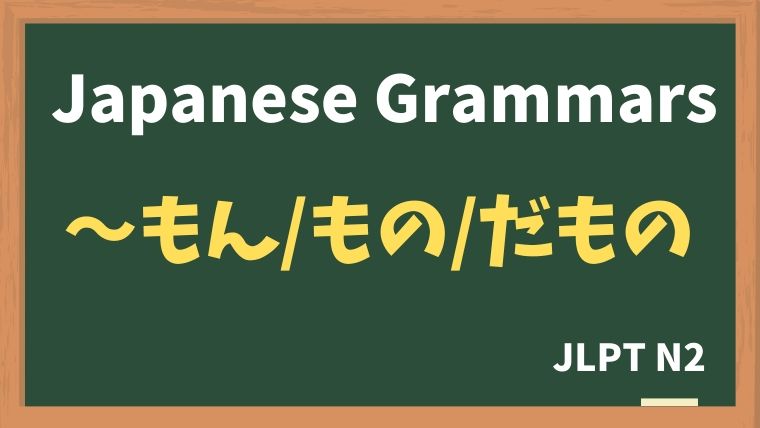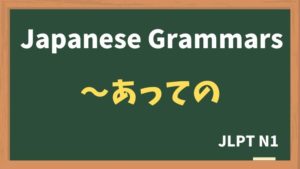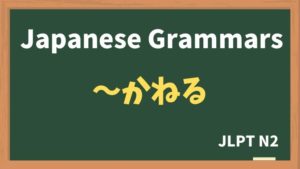
Explanation:〜もの / もん / だもん
fa-check-circleMeaning
"〜から"
"because"
A casual, colloquial way of expressing a reason or justification in Japanese. It is often used in informal conversations, especially by younger people or in situations where the speaker wants to express their feelings or opinions in a more relaxed manner. In English, it can be translated as "because" or "that's why."
fa-check-circleForm
V(plain form) + もん
イAい + んだもん
ナAな + んだもん
Nな + んだもん
fa-check-circlePoints
- Casual/Informal Expression: Used in casual situations and is often found in spoken language, rather than written language.
- Emphasizing a Reason or Justification: This phrase is used to provide a reason or justification for something, often in a slightly defensive or explanatory way.
- Used at the End of Sentences: It typically appears at the end of sentences to explain why something is the case.
fa-check-circleJLPT Level
N2
fa-check-circleJLPT Level
Often used by children or young woman. "もん" is more casual than "もの"
Sample sentenes
A:一口ちょうだい。
B:いやだよ。だって、これ私の大好物だもん。
A: Can I have a bite?
B: No way. This is my favorite food.
A:今日も飲みに行くの?
B:うん、だって今日はマイケルさんも来るんだもん。
A: Are you going out drinking again today?
B: Yeah, because Michael is coming too.
A:ちょっと食べ過ぎじゃない?
B:だって、美味しいんだもん。
A: Aren't you eating a bit too much?
B: Well, it's delicious.
A:昨日、どうして飲み会に来なかったの?
B:だって、誘われてないんだもん。
A: Why didn't you come to the drinking party yesterday?
B: Because I wasn't invited.
A:なんで昨日、返事をくれなかったの?
B:だって、さっきメッセージに気がついたんだもん。
A: Why didn't you reply yesterday?
B: Because I just noticed the message earlier.
Vocabulary
| Japanese |
English | |
| 一口 | ひとくち | one bite |
| 大好物 | だいこうぶつ | favorite (food, sweets, snack) |






